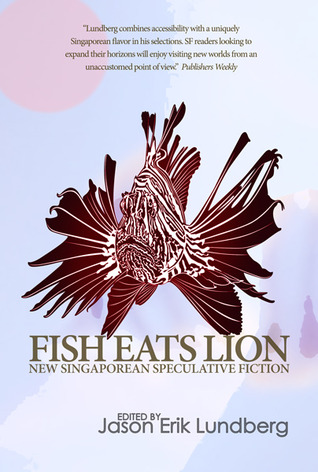Belgium’s famous for its comic writers – Peyou of the Smurfs and Hergé of Tintin, for instance. It’s got a whole museum devoted to the graphic novel form.
But I’m still on the road, and so I’ve to make do with Kindle books instead. I realise now I should’ve downloaded a free copy of Nobel Prize-winning playwright Maurice Maeterlinck’s The Blue Bird, an allegedly insipid little drama about children and innocence.
Instead, I bought the first novel of Francophonie superstar Amélie Nothomb, whose novella Sulphuric Acid is so amazing that I’ve regularly lent it out to my students as an exemplary creative writing text. And surprisingly, Hygiene and the Assassin (originally Hygiene del’Assassin) is also about children and innocence and a Nobel Prize-winning author…
But I’m getting ahead of myself. The tale’s set in 1991, when the First Gulf War is breaking out. A horrifically ugly and obese 83 year-old shut-in of a novelist named Prétextat Tach has learned he has succumbed to incurable cartilage cancer, and has finally agreed to grant interviews to curious journalists about his life and work.
Tach uses the interviews as opportunities to demonstrate his power over the journalists, insulting and mentally torturing them. (One guy is reduced to retching just through a description of Tach’s daily diet, which mostly consists of fatty by-products.)
Then one day, a 30 year-old female journalist turns up – her name is Nina, by the way – and she will not take his nonsense. She’s the only one of the lot who’s read all his books, who actually claims to enjoy them despite his insistence that they’re written to the detriment of the human race with all their graphically debauched depictions of human depravation, and who rightly determines which one of them is actually autobiographical.
I won’t spoil this one for you guys – it’s that good. And one of the coolest things about it is that it’s written mostly in dialogue format – in duologue format, in fact, since it’s almost entirely made up of scenes of Prétextat and his interviewer alone in a darkened room. And god, the power play with Nina is awesome. Wasn’t surprised to discover that the story’s already been adapted into a play in Paris.
Which brings me to a point of uncertainty for this blog: does Hygiene and the Assassin actually take place in Belgium? I really can’t tell – there’s a mention of francs, but those were used in both France and Belgium before the introduction of the euro. And there are mentions of Sartre, but of Maeterlinck also. And we discover that Tach grew up on a château at Saint-Sulpice – and while there's places called Saint-Sulpice in France, none of them is a volcanic plateau as far as I know.
I’ve decided, however, to believe that this interview takes place in the French half of the city of Brussels/Bruxelles, where Nothomb lives when she’s not in Paris. If enough people protest, maybe I’ll read Henri Michaux’s Darkness Moves instead.
View Around the World in 80 Books!!! in a larger map
Representative quote:
“Let’s not play with words, all right?”
“You are saying this to a writer?”
“I’m not talking to the writer, I’m talking to the assassin.”
“One and the same.”
“Are you sure of that?”
“Writer, assassin: two aspects of a same profession, two conjugations of the same verb.”
“Which verb is that?”
“The rarest and most difficult of verbs: the verb ‘to love.’ Isn’t it funny how school grammar books sometimes use it as an example, when it’s the verb with the most incomprehensible meaning?”
Next book: Anise Koltz’s At the Edge of Night, from Luxembourg.


